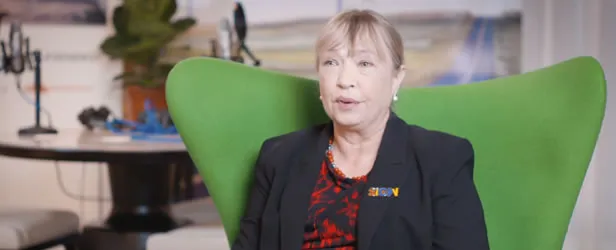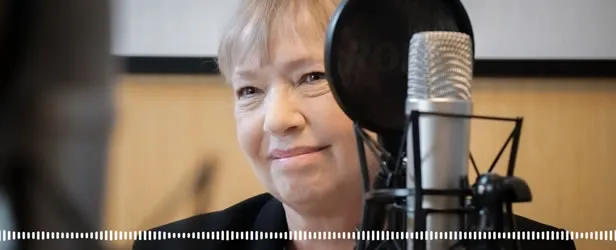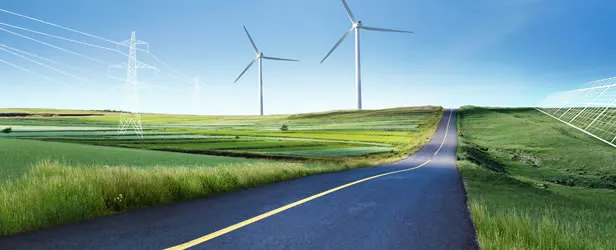The energy efficiency conversation
Welcome to the latest series of the DNV Talks Energy podcast, hosted by Mathias Steck, Executive Vice President, DNV – Energy. Each week, we will be joined by the world’s leading energy experts to discuss their insights and opinions on how governments, business leaders and wider society can help accelerate the energy transition.


